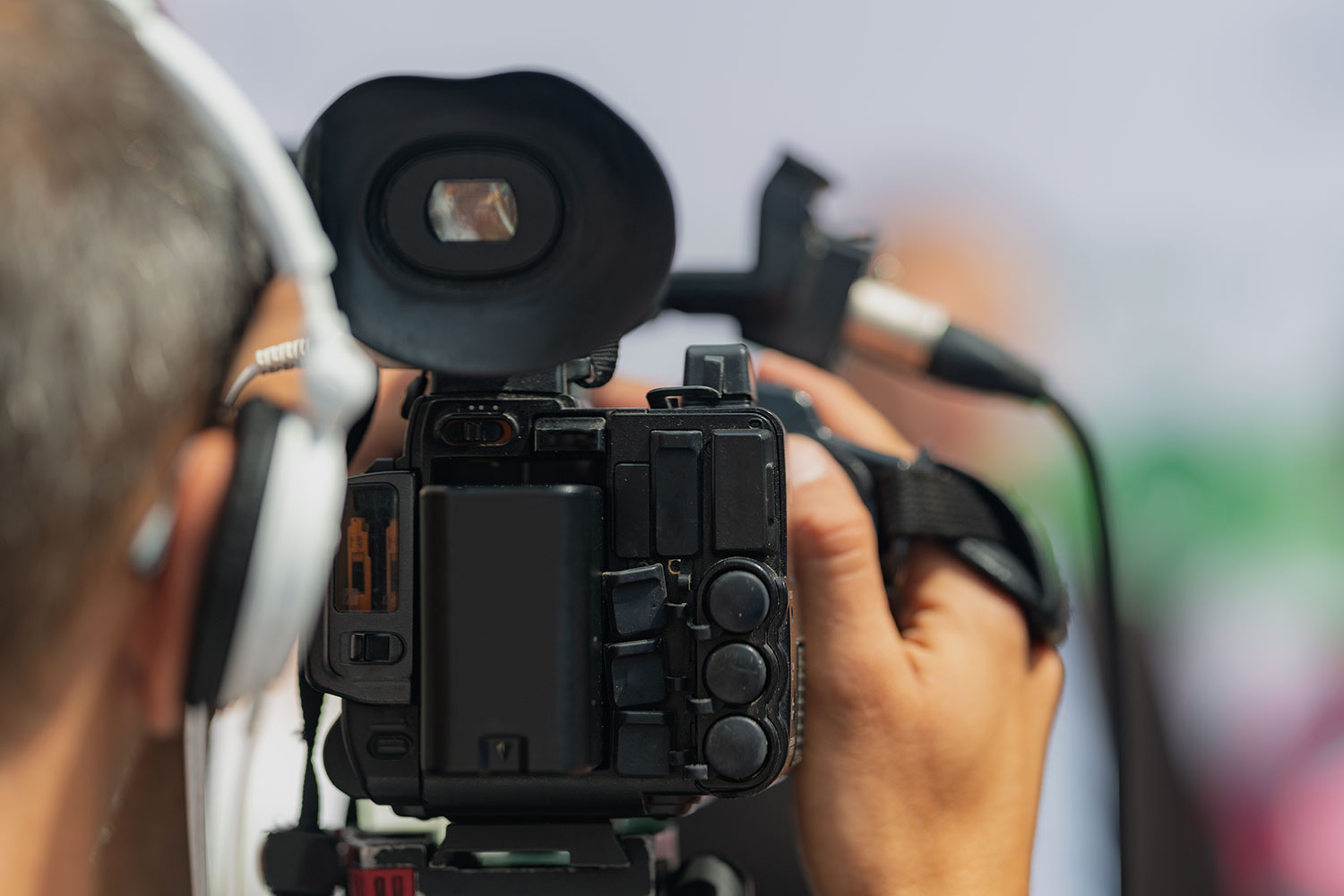Expert Legal Videography Services for Courtroom Needs.
Wiki Article
The Role of Legal Videography in Depositions and Trials
Lawful videography has emerged as a vital tool in both depositions and trials, providing a complex strategy to recording witness statements. As legal professionals increasingly identify its worth, it triggers a deeper exam of just how these visual records can affect juror understandings and trial end results.Relevance of Legal Videography
Legal videography plays a crucial duty in the paperwork and presentation of depositions and tests. This specific area integrates technical abilities with legal knowledge to develop a trustworthy record of process that can substantially influence instance results. The appearance of legal videography boosts the understanding of witness testimony, permitting jurors and judges to observe not just the spoken words however additionally the temperament, emotions, and body movement of the witnesses.
The importance of lawful videography expands past the courtroom; it also plays an essential function in preserving proof for future recommendation, whether for appeals or more legal activity. Its integration right into the legal process is necessary for guaranteeing a reasonable and precise representation of the truths, ultimately adding to the pursuit of justice.

Process of Legal Videography
While catching the subtleties of depositions and trials, the process of legal videography includes numerous crucial steps that make sure high-quality, accurate recordings. At first, a specialist lawful videographer prepares by examining the instance products and understanding the particular demands of the deposition or test. This preparation consists of acquainting themselves with the individuals and the context, which helps in catching significant information.On the day of the recording, the videographer sets up the essential tools, which typically includes high-def electronic cameras, microphones, and appropriate illumination. Making sure optimum angles and sound high quality is critical, as it directly impacts the effectiveness of the recording. The videographer communicates with attorneys and individuals to establish protocols, guaranteeing that everyone understands the recording procedure.
Throughout the deposition or trial, the videographer carefully records the proceedings, paying close focus to both spoken and non-verbal hints. legal videography. This includes capturing the disposition and responses of witnesses and attorneys. After the session concludes, the videographer might edit the footage for quality and conformity with legal standards, generating an end product that properly reflects the proceedings for future referral and usage in lawful contexts
Advantages in Depositions
The consolidation of videography in depositions offers countless benefits that my site enhance the total process of gathering proof. One primary advantage is the capability to record witness statements with visual and acoustic fidelity, giving a much more exact depiction of the witness's disposition, tone, and body movement. This multidimensional technique allows lawyers and courts to examine trustworthiness better than conventional written records alone.Additionally, videographed depositions work as a powerful device for maintaining testament. Ought to a witness come to be not available for test, their tape-recorded deposition can be played in court, making certain that their evidence stays obtainable and relevant. This facet significantly reduces the danger of shedding essential info that can affect instance end results.
Additionally, using lawful videography promotes better preparation for lawyers. Assessing video clip footage allows legal teams to examine and improve their strategies, determining staminas and weak points in their instances. This primary benefit can lead to more compelling presentations in court.
Finally, videography boosts the overall professionalism and reliability of the deposition procedure, instilling confidence in customers concerning the thoroughness of their lawful representation. By leveraging technology, legal professionals can considerably enhance the efficiency of depositions.
Effect on Tests
In lots of tests, the combination of videography can substantially affect the presentation of evidence and the court's perception. Legal videography captures witness testimonies and crucial evidence in a dynamic format, permitting jurors to involve with the product on several levels. This visual part boosts the narration element of a trial, providing context and psychological vibration that standard text-based evidence may do not have.Moreover, video clip recordings can act as powerful tools for impeachment throughout interrogation. When inconsistencies occur between a witness's previous statements and their courtroom testament, video clip evidence gives an objective referral that article can guide jurors' viewpoints. This immediacy and clarity can strengthen the reputation of an event's narrative while at the same time undermining opposing this website disagreements.
Additionally, making use of videography can assist streamline intricate info, making it more obtainable to jurors who might have a hard time to grasp detailed details offered entirely via verbal testament. By integrating visuals with acoustic information, lawful videography can enhance retention and understanding, inevitably affecting the court's decision-making procedure. The influence of videography in tests extends beyond plain visual appeals; it plays a critical role in forming the lawful landscape and results.
Future Trends in Legal Videography
As we look toward the future of legal videography, a number of arising trends promise to improve its function within the courtroom. One substantial pattern is the assimilation of expert system (AI) in video clip evaluation and editing - legal videography. AI can improve the procedure of recognizing key moments in tape-recorded depositions, enabling lawyers to quickly access appropriate content, therefore boosting effectiveness in instance prep workIn addition, the increase of digital reality (VR) and boosted fact (AR) technologies is expected to transform how jurors experience evidence. By immersing jurors in a simulated atmosphere, these innovations can supply a much more extensive understanding of complicated situations, causing even more educated deliberations.

Moreover, the increasing need for remote depositions, increased by the COVID-19 pandemic, will likely proceed. Legal videographers will need to adjust to brand-new software program and systems to make sure high-grade recordings in digital settings.
Lastly, the growing focus on information safety and security will demand more stringent procedures for storing and sharing video clip proof. As the legal landscape evolves, lawful videographers need to stay abreast of these trends to keep their significance and effectiveness in the judicial procedure.

Final Thought
In summary, legal videography offers a critical function in the judicial procedure, enhancing the honesty of depositions and trials. By catching the subtleties of witness testimonies, this tool not just preserves necessary evidence however additionally aids in providing details efficiently to jurors. The relevance of visual documents in reviewing reputation and assisting in cross-examination can not be overstated. As technology proceeds to progress, legal videography is positioned to additional transform its duty within the lawful landscape.Report this wiki page